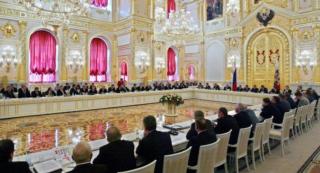
Newly-released survey results show that Russians are holding regional leaders, rather than the federal government, responsible for the economic crisis in their regions. But federal authorities won't be able to get away with this forever.
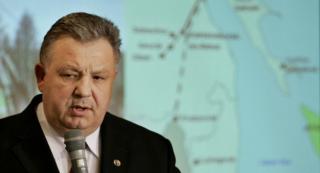
By appointing Khabarovsk Governor Viktor Ishayev as the presidential envoy to the Far East Federal District the Kremlin is establishing a powerful and competent government lobbyist for the interests of the Far East.

Dimitry Medvedev's decision to meet with political liberals suggests he understands that without democracy Russia will not have a successful and stable future.
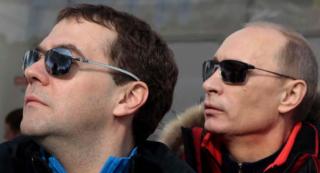
The mayoral campaign in Sochi illustrates the Kremlins desire to demonstrate a more liberal approach to domestic politics while also emphasizing the extent of its political control.
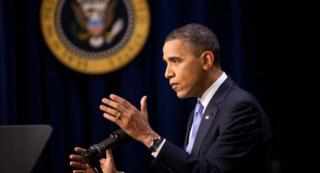
As top policy experts assess President Obama’s performance during his first hundred days in office, the results are somewhat mixed but generally positive.
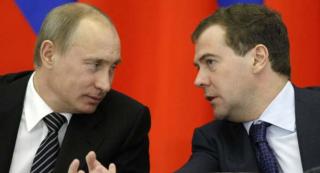
The mayoral election in Sochi on April 26 marks a serious turning point in Russian politics; competition, both from the opposition and from within the party of power, is becoming more intense.
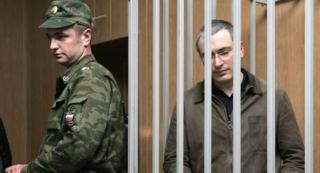
Despite President Medvedev's claims to support the rule of law, he has not acted to correct the distortion of justice that occurred during the trial of Mikhail Khodorkovsky.
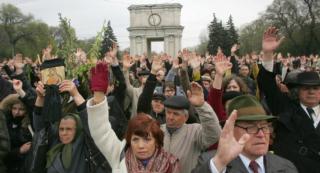
The recent protests in Moldova were sparked by allegations of rigged election results, but their roots lie in the Moldovan government's agreement with Russia to significantly slow down the process of Moldova's accession to the European Union.
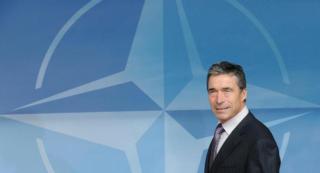
NATO members should engage in a radical rethink of the alliance's role in a world of changing security threats.
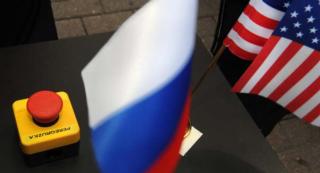
The United States and Russia can improve strained relations by focusing on areas of compatible interests and clearly defining a set of near-term priority objectives for bilateral cooperation.
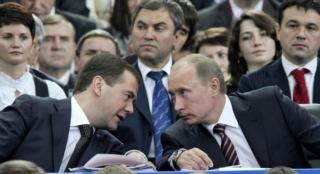
The recent gubernatorial changes in Murmansk showcase that governors are increasingly judged by to their loyalty to the Kremlin, rather than how effectively they can manage their region.
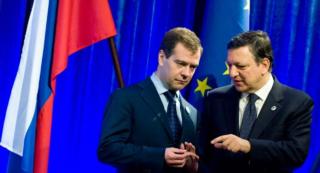
The dichotomous nature of Russia’s relationship with the West requires that the United States develop a long-term vision and strategy for its own relations with Russia.

If Russia’s regions are to weather the financial crisis, both local and federal governments need to support and protect small businesses.
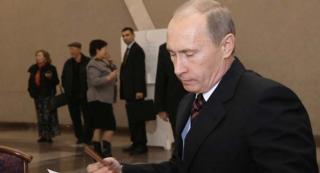
The results of Russia's recent regional elections are of less importance than the fact that United Russia is gradually transforming from a monolithic bureaucracy under strict Kremlin control into something resembling a true political party.
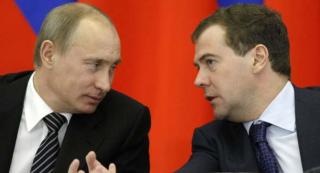
Dmitry Medvedev's recent surge in official activity is simply a PR ploy to shift focus away from Vladimir Putin as Russia's financial crisis deepens. It does not indicate any serious political or personal changes.
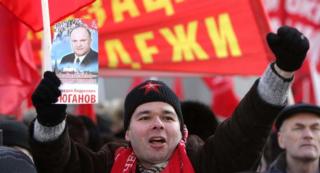
As protests against Moscow spread throughout Russia, regional governors loyal to the Kremlin, but lacking proven leadership skills, may be unable to meet the challenge posed by angry citizens.
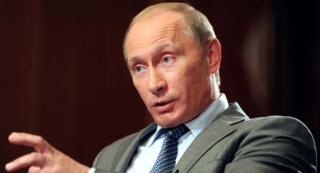
The Kremlin maintains control over the Russian media by exerting pressure over media tycoons and station owners while avoiding direct repression. As a result, although the national media serves as a tool for government propaganda, there has been relatively little popular discontent.
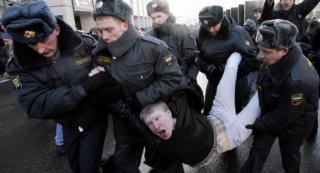
Recent Russian protests are likely meant to test the response of the authorities rather than indicate people have reached their breaking point.
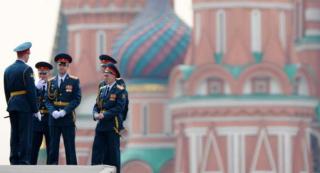
Russia's focus on America as its main adversary distorts Moscow’s strategic worldview, leads to misallocation of resources and ultimate frustration over the essential disequilibrium between the two former Cold War rivals.
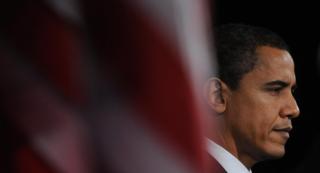
U.S. President Obama will engage with Russia on key issues regarding U.S.-Russian relations, such as ballistic missile defense and NATO's future relations with Ukraine and Georgia, in conjunction with European allies.